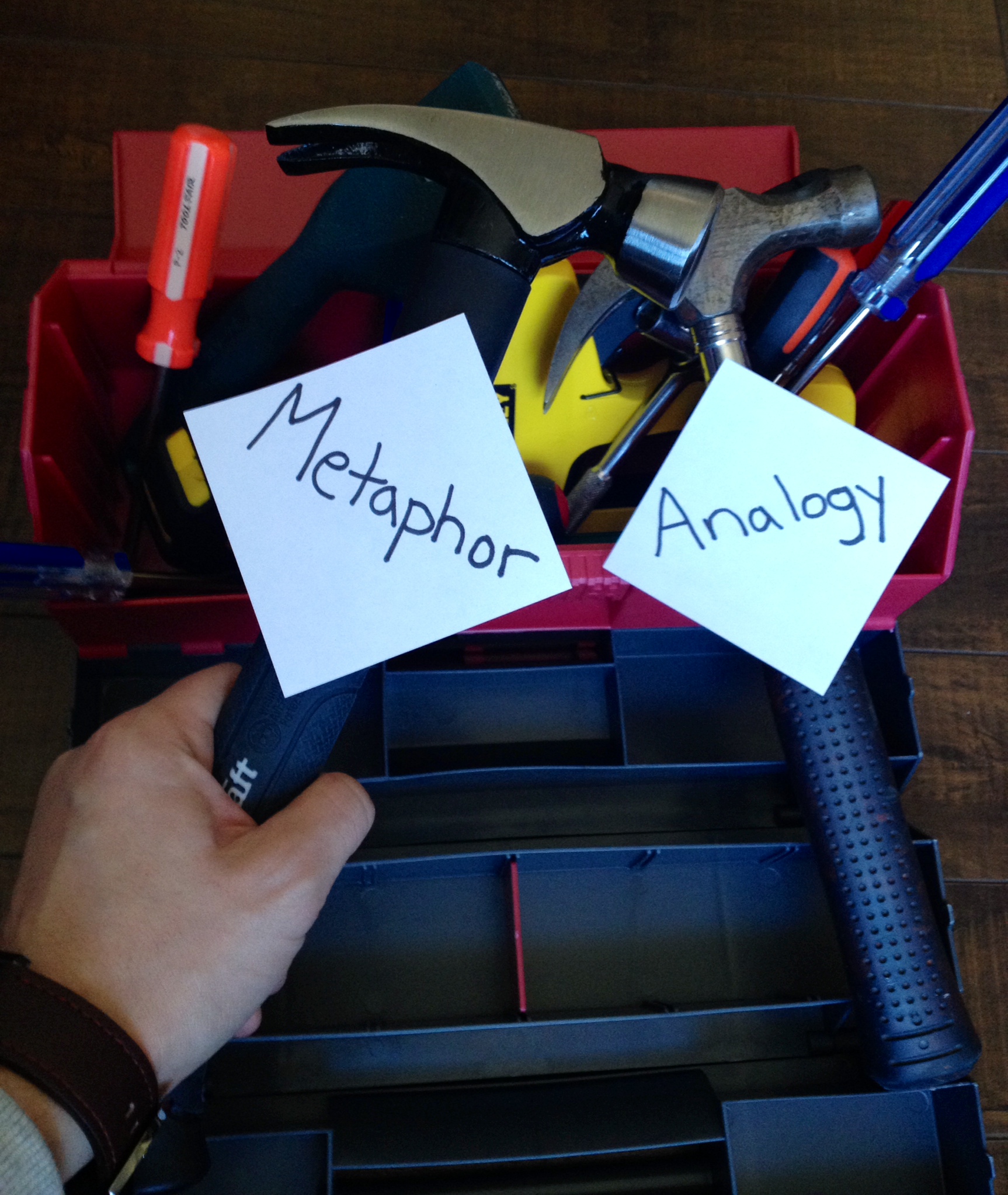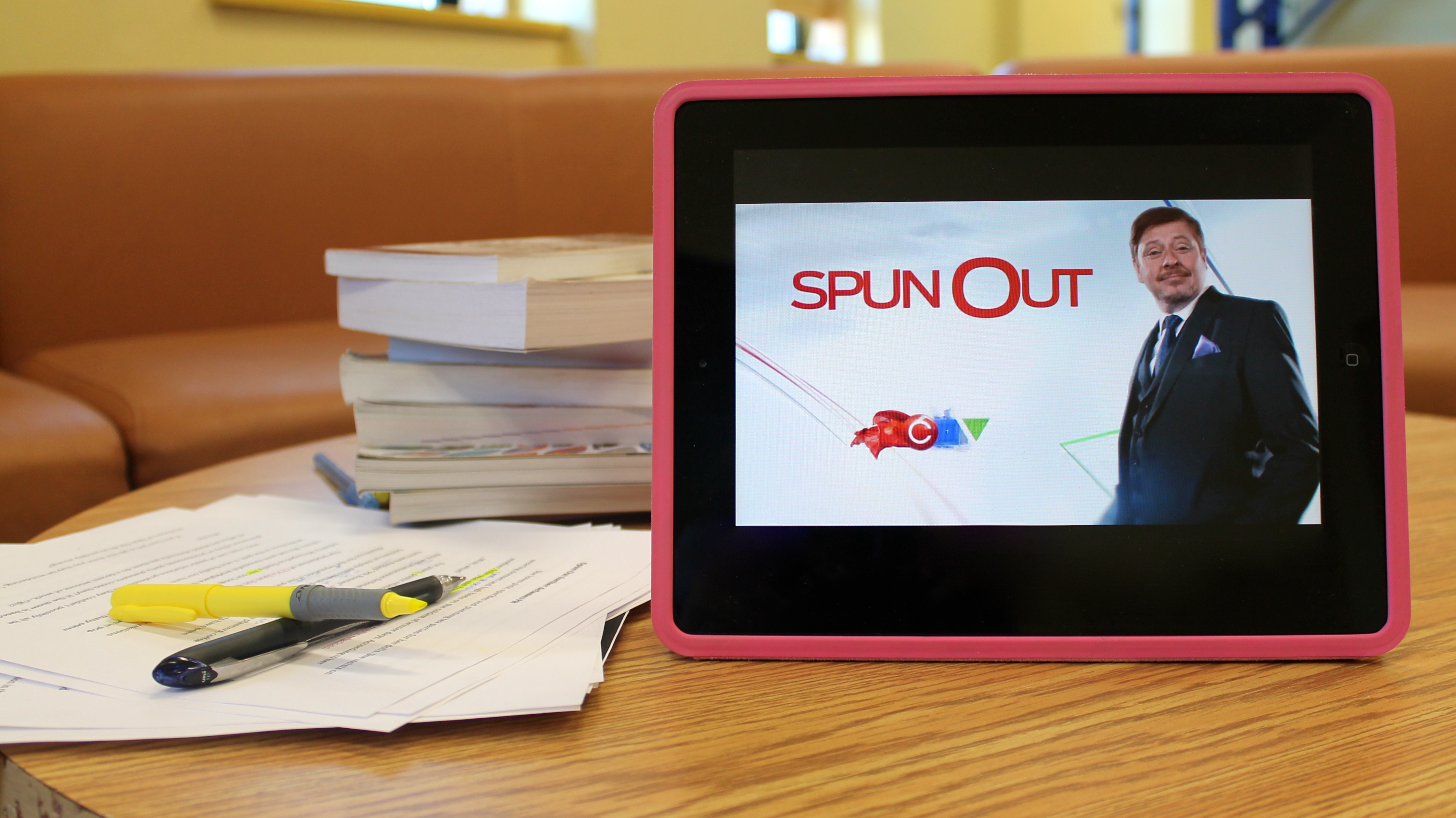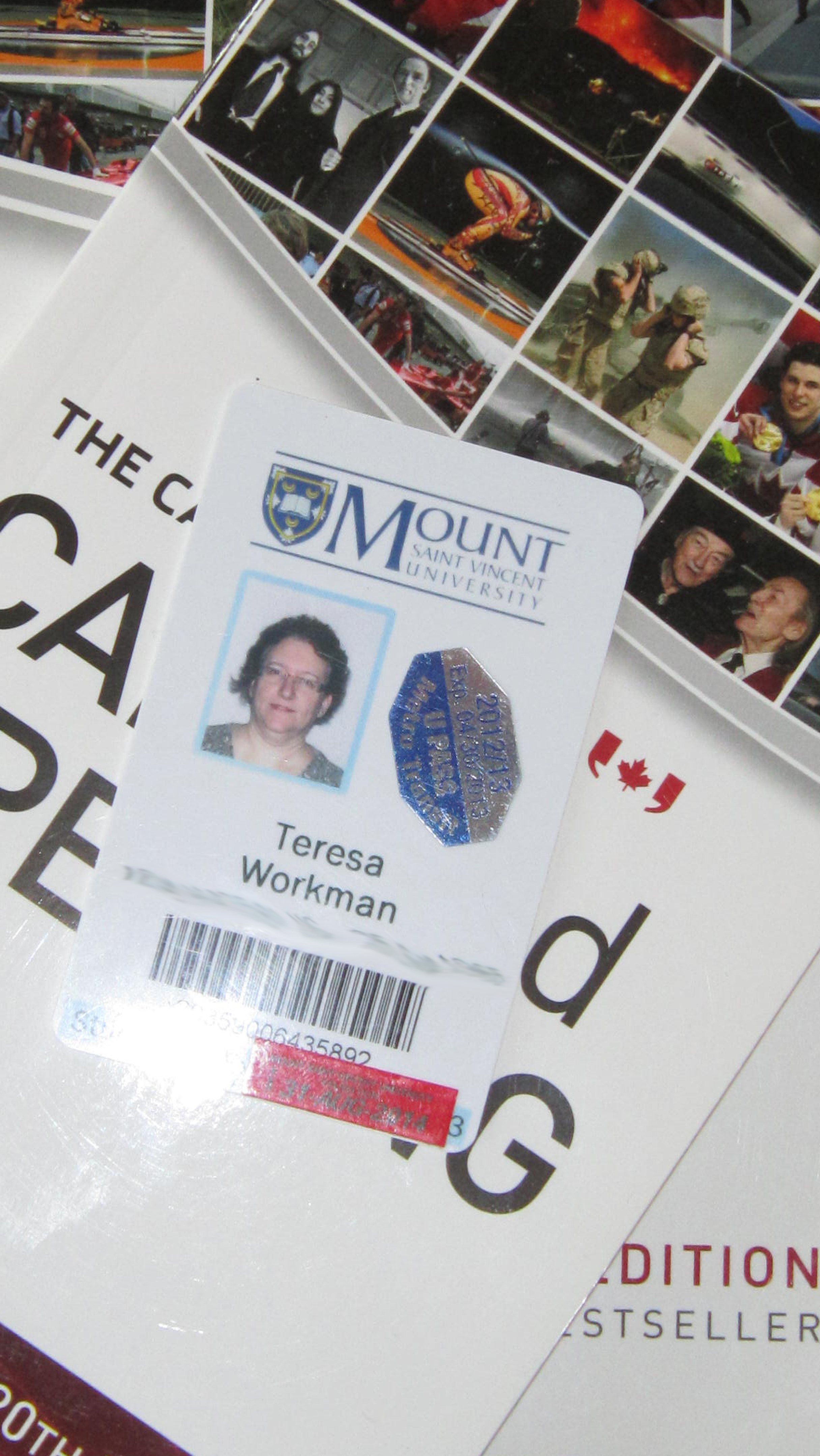Clark Pillar
As the economic landscape and job market continue to resemble a desert few courses are more valuable than personal finance. Why? We all have to pay the bills. Each and every student will eventually have to deal with the ubiquitous “taxman.”
Taxes, budgets and all things monetary are not inherently frightening. But, if you look at your credit card statement like I did a few years back, you might see something terrifying. One year after graduating from Memorial University I moved to Halifax for adventure. I collected a relatively modest sum on my credit card to pay for necessities, like something to sleep on. When getting my credit card statement, my poorly employed self saw how long it would take to pay it off with minimum payments – over 54 years.
Nothing shows the need for personal financial education more than credit card and consumer debt. Canadians are not a nation of savers but a nation of spenders. Recent numbers show that consumer debt in Canada has risen by 3.47 per cent in one year bringing the average amount of debt per Canadian to almost $30,000 (McKenna, 2013). With the cost of living and tuition continuing to rise we will undoubtedly accumulate more and more debt to add to this average as we continue to lead consumer lifestyles.
How can a student manage to navigate this environment? Clearly the answer is not to stop buying everything. Quitting spending habits cold turkey is not the right answer but to make changes. Items like groceries and transportation are all necessary expenses. What I did was learn was how to manage my money. As it happens, I had just enrolled in the Public Relations program at the Mount and needed to take some electives.
There are some great courses available to students who need a few electives, regardless of their program. Languages expand your cultural awareness, in addition to increasing your job prospects. Courses like Censorship and the Media are bound to challenge your mind and develop invaluable critical thinking skills.
However, many people will not need to speak a second language in their post university lives and you’re hopefully developing critical thinking skills from your core courses. Personal financial management is something that everyone will need to do. If we don’t learn the impact of our spending habits we will encounter difficulties. Even if your financial life is fairly stable you can only stand to benefit to learn things like how to do your taxes or how to maximize your investments. These lessons can help you avoid ever having those scary feelings from seeing a credit card balance with a greater life expectancy than you.
References
McKenna, B. (2013, August 28). Debt by numbers: Troubling trends in Canadian consumer spending. Retrieved November 8, 2013, from The Globe and Mail: http://www.theglobeandmail.com/report-on-business/economy/debt-by-numbers-troubling-trends-in-consumer-spending/article14017219/.





